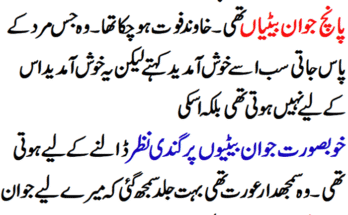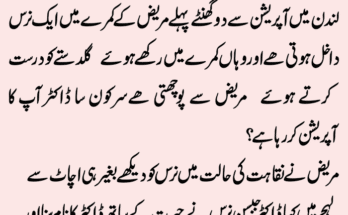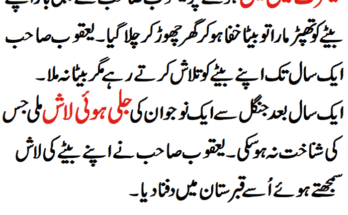Advertisements
Certainly! The Holy Quran, often referred to as the Quran, is the sacred text of Islam, believed by Muslims to be the word of God as revealed to Prophet Muhammad (peace be upon him) through the archangel Gabriel. Here are some key points regarding the Holy Quran:
Advertisements
- Revelation: The Quran is considered the final and complete revelation from God (Allah) to humanity. It was revealed over a period of approximately 23 years, starting in 610 CE and concluding in 632 CE.
- Chapters and Verses: The Quran is divided into chapters called “Surahs,” and each Surah is further divided into verses known as “Ayahs.” There are a total of 114 Surahs, varying in length and addressing various aspects of life.
- Linguistic Miracle: The Quran is revered not only for its religious significance but also for its linguistic excellence. Many Muslims believe it to be a linguistic miracle, challenging people to produce something similar in the Arabic language.
- Guidance for All Aspects of Life: The Quran provides guidance on matters of faith, morality, law, and personal conduct. It covers a wide range of topics, including worship, family life, social justice, and ethical behavior.
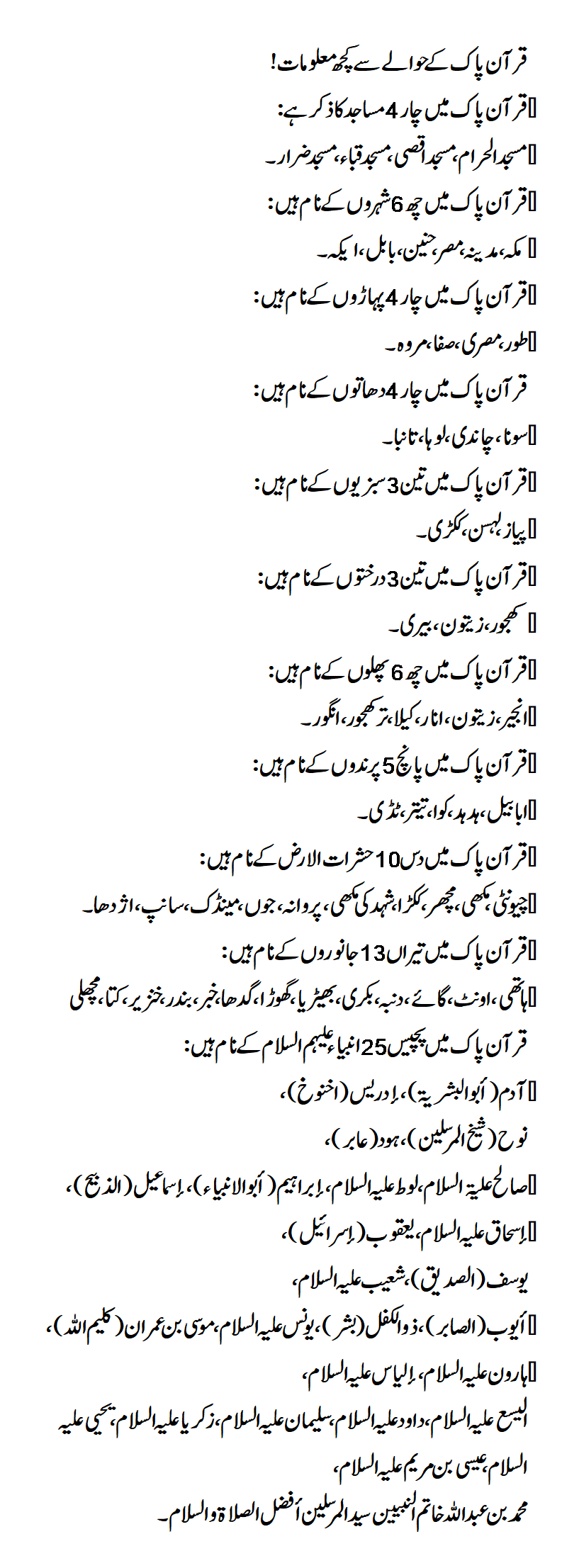 Advertisements
Advertisements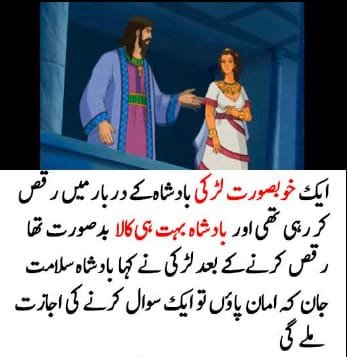


- Preservation: Muslims believe that the Quran has been perfectly preserved since its revelation. It remains unchanged in its original language, and millions of Muslims around the world memorize the entire text, a practice known as “Hifz.”
- Legal and Ethical Code: The Quran serves as a comprehensive legal and ethical code for Muslims. It includes guidance on issues such as marriage, commerce, criminal justice, and interpersonal relationships.
- Recitation and Prayer: Muslims recite verses from the Quran in their daily prayers. The Quranic recitation, known as “Qira’ah,” is an integral part of Islamic worship, and beautiful recitations are highly valued in Muslim communities.
- Interpretation: Understanding the Quran requires knowledge of its historical context, as well as interpretation and commentary known as “Tafsir.” Various scholars have provided interpretations to help Muslims apply its teachings to contemporary life.
- Universality: The Quran is considered a universal message for all of humanity, and its teachings are not confined to a specific time or culture. Muslims believe it addresses the timeless aspects of human existence.
- Respect and Reverence: Muslims hold the Quran in the highest regard, treating it with great respect. It is common to use phrases like “Bismillah” (In the name of Allah) before handling the Quran to show reverence.
In summary, the Holy Quran is the foundational scripture of Islam, providing guidance, wisdom, and a moral compass for millions of believers worldwide. It is a source of spiritual inspiration and a guide for leading a righteous and fulfilling life.


